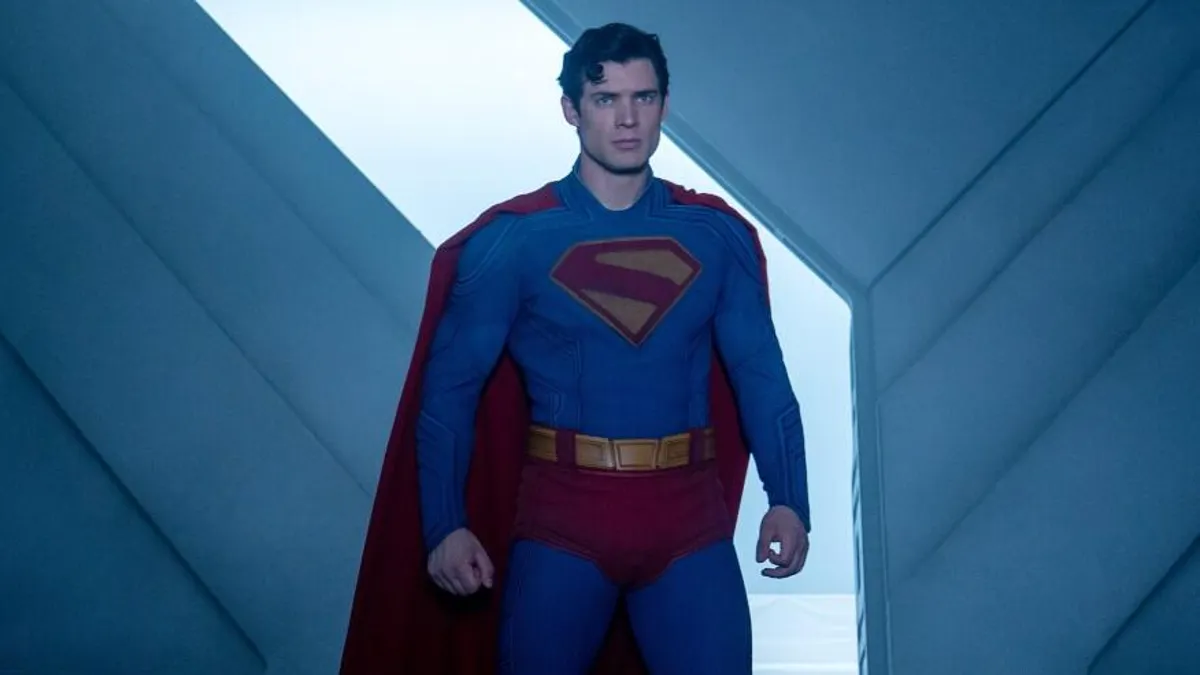Warner Bros. Discovery filed a copyright infringement lawsuit against image and video company AI Midjourney on Thursday, becoming the third major entertainment company to do so, after Disney and Universal filed similar lawsuits earlier this year.
The lawsuit alleges that the AI company violated the entertainment company’s copyright protections by allowing AI users to create images featuring characters such as Batman, Scooby Doo and Bugs Bunny.
“Midjourney thinks he’s above the law,” Warner Bros. found. in the complaint. “Midjourney made a calculated, profit-oriented decision to offer zero Protection of copyright holders, although Midjourney is aware of the enormity of piracy and copyright infringement.
Midjourney is one of the most popular AI image generators that allows anyone to create AI images and videos with simple text input. Included in the lawsuit are Warner Bros. Entertainment and its subsidiaries, including DC Comics, The Cartoon Network and Hanna-Barbera Productions.
In the lawsuit, Warner Bros. Discovery on Midjourney’s recent takedown of a video generation model as evidence that the artificial intelligence company knew it was infringing copyright. In the first few days after the video template was released, Midjourney prevented users from animating scenes with characters, the lawsuit alleges. The restrictions were eventually lifted, but the entertainment giant blamed Midjourney’s knowledge of misconduct. Warner Bros. Discovery also accuses the artificial intelligence company of updating its terms of service to ban redteaming, a security process used by tech companies.
Claims of copyright infringement are nothing new for Midjourney. In June, Disney and Universal sued the AI program, calling it a “plagiarism pit” and a “textbook copyright infringement” in their statement. Warner Bros. Discovery is represented by the same law firm that filed the lawsuit on behalf of Disney and Universal.
This lawsuit is further proof that copyright is one of the most controversial legal issues in the AI age. There are concerns at all stages of AI content creation, including whether copyrighted material is used to train AI models and whether those models can create content that meets the legal definition of infringement.
There are also similarities between publishers, creators and companies with artificial intelligence. AI makers Anthropic and Meta recently won two victories, with courts saying that training their models based on the authors’ books constituted fair practice. But many legal questions and uncertainties still remain.
This is just the first step in the process. MidJourney users should not expect any service interruptions due to the controversy.
